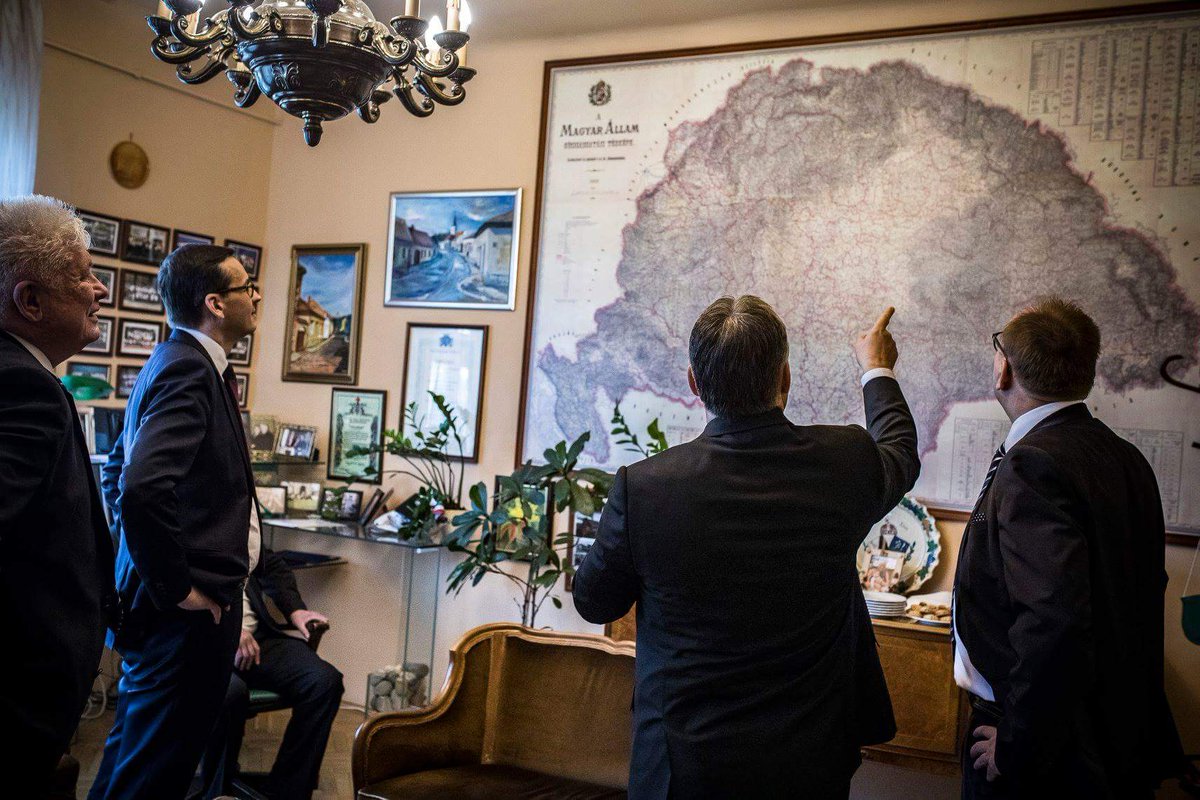Crow
7 Nov 2019
News / Poland in the European Union. Polexit? [559]
Exactly. That is crucial. Nothing THEY unleash on Poland can`t force Poles to obey. When THEY come they will face fierce resistance. See, this reminds me, when massive mujaheedine force, back in 1999, attacked Serbian army outposts on border with Albania, local commanding general Nebojsa Pavkovic, said to soldiers: ``Behind us is Serbia. Our people, mothers, sisters and children. No retreat!``

Photo during `Koshare battle`; defending position of Serbian army vs. mujaheedines supported by NATO, French legion of strangers and regular Albanian army >>> source> en.wikipedia.org/wiki/Battle_of_Kosare
Stood bravely Poles. Protect, defend Poland!
Besides no punishment that the eu can threaten poles with would be worse than having terrorism, no go zones, and tons of people
Exactly. That is crucial. Nothing THEY unleash on Poland can`t force Poles to obey. When THEY come they will face fierce resistance. See, this reminds me, when massive mujaheedine force, back in 1999, attacked Serbian army outposts on border with Albania, local commanding general Nebojsa Pavkovic, said to soldiers: ``Behind us is Serbia. Our people, mothers, sisters and children. No retreat!``

Photo during `Koshare battle`; defending position of Serbian army vs. mujaheedines supported by NATO, French legion of strangers and regular Albanian army >>> source> en.wikipedia.org/wiki/Battle_of_Kosare
Stood bravely Poles. Protect, defend Poland!




